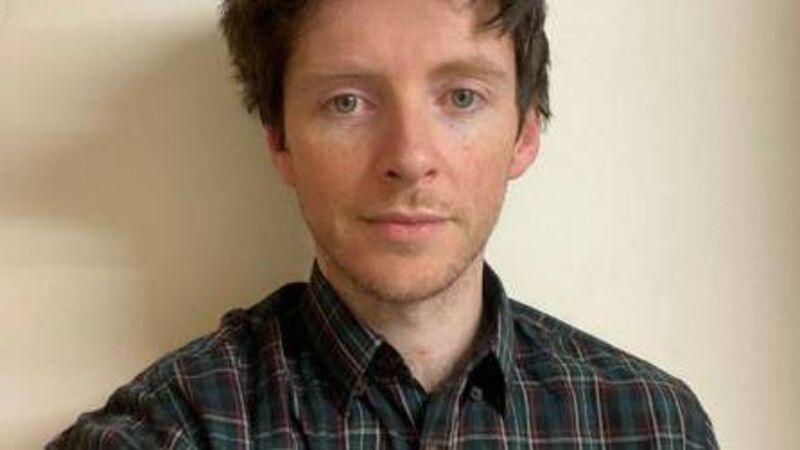Books Are My Business: Merrion Press' editor Patrick O'Donoghue

Patrick O'Donoghue, Merrion Press
I did English in UCC and I was considering journalism as the natural route to take.
Try from €1.50 / week
SUBSCRIBE
Patrick O'Donoghue, Merrion Press
How did you get into the publishing business?
I did English in UCC and I was considering journalism as the natural route to take.
Already a subscriber? Sign in
You have reached your article limit.
Annual €130 €80
Best value
Monthly €12€6 / month
Introductory offers for new customers. Annual billed once for first year. Renews at €130. Monthly initial discount (first 3 months) billed monthly, then €12 a month. Ts&Cs apply.
Newsletter
Music, film art, culture, books and more from Munster and beyond.......curated weekly by the Irish Examiner Arts Editor.
Newsletter
Music, film art, culture, books and more from Munster and beyond.......curated weekly by the Irish Examiner Arts Editor.
© Examiner Echo Group Limited